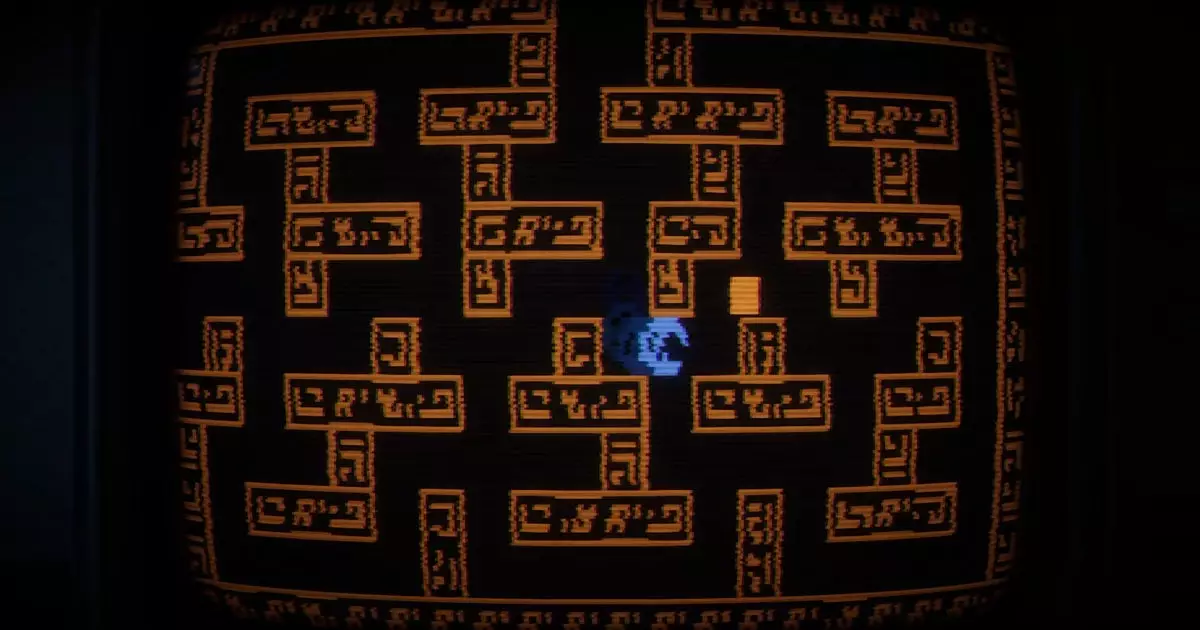The world of video games often takes players on wild journeys through various themes, genres, and aesthetics. One recent title that has stirred the pot is *Tormenture*, a horror game that reimagines the childhood nostalgia of the 1980s within a twisted narrative. Combining the familiar feelings of both joy and dread, this game has been likened to cult classics like *Inscryption* and *Pony Island*. But what makes *Tormenture* a noteworthy experience among recent PC releases?
Set against the backdrop of the 1980s, *Tormenture* places players in the shoes of a young child who unwittingly becomes ensnared in an 8-bit gaming experience that appears to be more than just a pastime. The game taps into a collective memory that many possess, especially those who grew up in that era. It captures the essence of childhood innocence while simultaneously dredging up fears woven into the fabric of our early gaming experiences. That intertwining of playfulness and horror creates an unusual yet fascinating dynamic that encourages players to confront their childhood fears while navigating a devilish narrative.
The duality of *Tormenture* lies in its exceptional structure. Players transition between the pixelated game world and a malevolent and increasingly threatening real-world environment. This swapping emphasizes a sense of claustrophobia, and the tension accumulates as whimsical toys from our youth morph into ominous reminders of a darker past. Nostalgic sentiments can quickly pivot to unease, exemplifying how childhood icons can be recollected with fear as much as delight.
One of the standout features of *Tormenture* is its intricate gameplay mechanics, especially when it comes to the design of the 8-bit game-within-the-game. This segment is not merely a superficial homage to Atari-style gaming; it presents complex puzzles and challenges, arguably helping it stand out from its competitors. Each level introduces layers of discovery—be it evading haunting entities or solving difficult puzzles by enlisting characters like a zombie hand to perform mundane tasks.
The dual aspects of gameplay—from 3D horror elements to animated retro graphics—such provide a refreshing mix. The 3D environments are crafted with a sense of atmospheric dread, triggering suspense while evoking a distinct vibe akin to more modern horror games. Players will find themselves drawn into the meticulously detailed objects scattered throughout the game, each capable of evoking nostalgia and reshaping it into something eerie.
Even though the graphics appear polished, issues can crop up, such as performance hiccups on lower-quality PCs. This hampers the experience, especially as *Tormenture* relies heavily on visual storytelling to elicit emotion. Many players have reported sluggish frame rates, creating an awkward juxtaposition when trying to delve into the horror of *Tormenture*. The experience should, in theory, be seamless and immersive, yet the reality of struggling with subpar hardware can disrupt that flow, leading to frustration instead of terror.
On a brighter note, the nostalgic visuals and sound design further elevate the game’s horror atmosphere. The inclusion of retro sound bites and visuals harkens back to 1980s gaming aesthetics. Thus, with minor technical adjustments, *Tormenture* has the potential to captivate audiences by providing a profoundly nostalgic experience.
While *Tormenture* may not embrace the unrestrained chaos of titles like *Inscryption*, it offers a carefully orchestrated journey into the realms of horror filled with evocative nostalgia. Its ability to transform childhood memories into experiences of terror is a rare feat in gaming. As players work through the twofold narrative, they are encouraged to confront their fears, navigate engaging puzzles, and absorb the exquisitely crafted environments.
Ultimately, *Tormenture* reveals an old truth in gaming: even the darkest memories from childhood can be revisited—if only to understand their potency and allure better. It invites players to rediscover the chilling magic of 8-bit horror alongside the complexities of more intricate story-driven gameplay, setting itself apart from the myriad of horror titles available today. If horror and nostalgia pique your interest, this title is well worth the exploration.


Leave a Reply